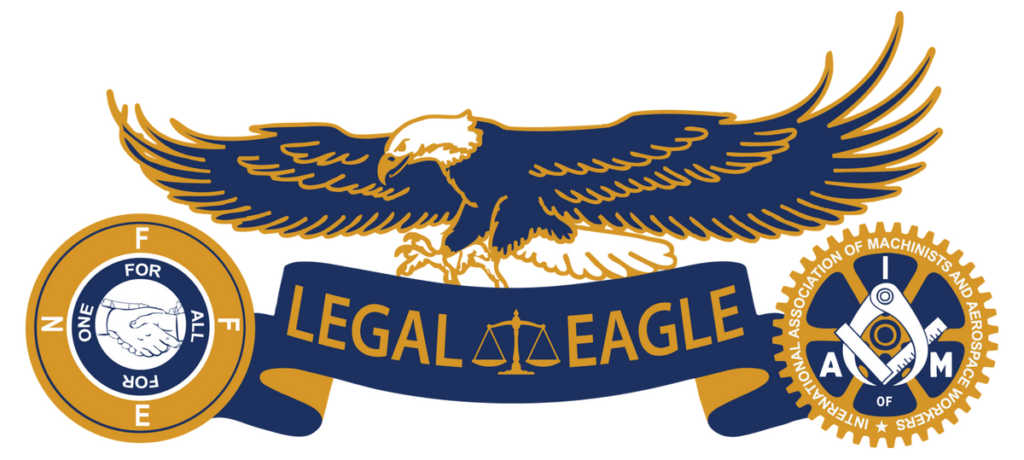

Rainey v. Merit Systems Protection Board, 2016 U.S. App. LEXIS 10254 (Fed Cir. 2016).
Summary: The employee alleged retaliation for whistleblower activity. Specifically, he alleged that his duties were taken away from him because he refused to follow a supervisory order to violate the Federal Acquisition Regulation (FAR) which sets forth the ethical rules for government contracting. The Court affirmed the MSPB finding that the whistleblower provision at issue only applied to orders to violate the law, not orders to violate a rule or regulation.
Comment: Under the Whistleblower Protection Act (WPA), employees have the right to disobey a supervisory order that require a violation of law. Employees should know, however, that this right to disobey does not pertain to rules and regulations. If an employee is disciplined for refusing to violate a rule or regulation, a defense could be mounted under the just cause provision of a CBA. But, an action under the WPA before the MSPB will likely fail.
Summary: Two employees were terminated. They requested hearings and were going to be represented by the Union. The National Guard attorney wrote a letter to the employees’ representative instructing him not to have any more communications with the employees. The Union filed a ULP. Both the Administrative Law Judge and the FLRA ruled in favor of the Union.
Comment: This case, while unusual on its facts, is a reminder that the law protects an employee’s right to communicate with his or her union representatives, which includes union counsel. This right falls under 5 U.S.C. § 7102. When an agency interferes with that right, even if the interference is unintentional, it constitutes a Unfair Labor Practice under 5 U.S.C. § 7116(a)(1).
Defense Commissary Agency and AFGE Local 63, 69 FLRA 379 (2016).
Summary: When the Agency informed the Union that it had to move out of its temporary office space, the Union filed a grievance. The Agency argued that the grievance was precluded by a ULP the Union earlier filed. The Arbitrator found that the Agency failed to bargain, and ordered the Agency to provide the Union with other space and to pay the costs of any move. The FLRA upheld the Arbitrator’s Award.Comment: This is a good case to keep in mind where an Agency alleges that a grievance is precluded by an earlier ULP charge. Here, the grievance was filed 14 months later under different circumstances despite the fact that both related to the Union office space. Therefore, the grievance was not barred under 5 U.S.C. § 7116(d).
Get the bulletin board-ready story, here.
